The decision to hand over the Chagos Islands to Mauritius has taken many by surprise. After years of painful negotiations, the speed with which Britain’s Labour government concluded a deal seems striking. But while the terms of the treaty to settle the future of the Chagos appear to have been thrashed out quickly, it’s a decision that could come back to bite in the years and decades to come.
The UK Foreign Office statement frames the agreement as a resolution of all outstanding differences with Mauritius, but one which also protects the continued operation of the strategically-important joint US-UK military base on Diego Garcia. Is that really the case?
For now, it seems that this vital military base, which has long been hidden behind a thick cloak of secrecy and under-appreciated and imperfectly understood, will operate as normal. The agreement will have sought to retain the joint US-UK ability to operate the Diego Garcia base securely. But once sovereignty has been ceded, as was the case in Hong Kong, the ability to maintain what was agreed in the small print of the Treaty will no doubt have been compromised.
This could spell trouble in the years ahead. The airfield’s location — out of sight, far enough away from the Middle East and Asia to be safely forgotten about, but close enough from which a military superpower such as the United States can discreetly pre-position assets and launch them speedily into the region — is vital. With the current crisis over Iran, a satellite overhead peeking through the cloud cover would today probably see the airfield on Diego Garcia crowded with a substantial fleet of B1B, B2 or B52H long-range bombers, intelligence collection aircraft, and probably shorter-range strike aircraft with associated refueling assets, all of which will have flown in from the United States in response to the rise in tensions.
Equally important, the lagoon at Diego Garcia also provides harbor and logistic facilities for the US Navy. It’s a valuable in-theatre secure area from which the US Navy in the region can be supported — and which is currently heavily reinforced following the arrival of the USS Abraham Lincoln and USS Theodore Roosevelt Carrier Strike Groups. The lagoon also hosts the ships of Maritime Prepositioning Ships Squadron Two, a strategic logistic reserve kept afloat with equipment on board to fit out two armored brigades.
The value of the base, and the assets it supports, may not be widely understood in Whitehall. But it is well understood in Washington. And it is certainly appreciated by the Iranian Islamic Revolutionary Guard Corps, who in May sent a converted merchant ship, the Shahid Madhavi, on an extended cruise through British Indian Ocean Territory waters; on board the Shahid Madhavi as a launch platform was a range of drones, cruise missiles and small attack craft, making the point that the Iranians see Diego Garcia as base with deterrence value to their aspirations.
Waiting in the wings, too, is China. Beijing has built friendly relations with Mauritius in recent years and also has an ambitious penchant for building military bases on remote islands. India would certainly be worried about any Chinese presence in its backyard. There may be secret clauses or understandings, hinted at by the involvement of India in the negotiations, to limit Chinese influence in the area. But with sovereignty ceded, there can be no real assurance. Who knows what additional use a sovereign base on Diego Garcia might accrue in a fast-changing and unstable region of the world – for example, as lynchpin in the developing AUKUS agreement? Has Britain really thought this handover through?
There’s no doubt that the Chagos islanders, among the last victims of Empire who might have expected more from our ostentatiously anti-colonial foreign secretary David Lammy, have been overlooked. Britain behaved shamefully by expelling them from the archipelago in the first place back in the 1960s and 1970s to make way for the military base. It then compounded this by refusing to allow them to return to the outer islands in subsequent years, a move which could have done much to defuse the issue internationally.
Mauritius, to whom the Chagos islanders were bequeathed, has never looked after the Chagosians well, which is why so many of them now live in Crawley. The agreement in effect absolves the United Kingdom from any further responsibility to make things good by delivering a right of return. A civilian population may be re-established in the archipelago, but Mauritius could be looking for those who can help staff new tourist Maldives-style resorts rather than to the Chagosians.
The Foreign Office will, at least, be pleased with the agreement. It defuses an issue which mobilized the anti-colonialist majority in the United Nations, removing an impediment to British diplomacy. It negates the requirement to take a robust position, which the Foreign Office also sought to avoid in the run-up to the invasion of the Falklands. The United States, under the present non-confrontational administration at least, is happy with the new arrangement. That a legitimate interest has been surrendered to populist sentiment is not seen as a concern for now — until others take up the precedent and demand that they are treated the same by Britain.
The truth is that this deal is a sell out: not only is a valuable asset being given up, but Britain has also committed to subsidize the arrangement for the next 99 years. It’s hard to be positive about the decision to hand over the Chagos.
Watch more on SpectatorTV:
This article was originally published on The Spectator’s UK website.



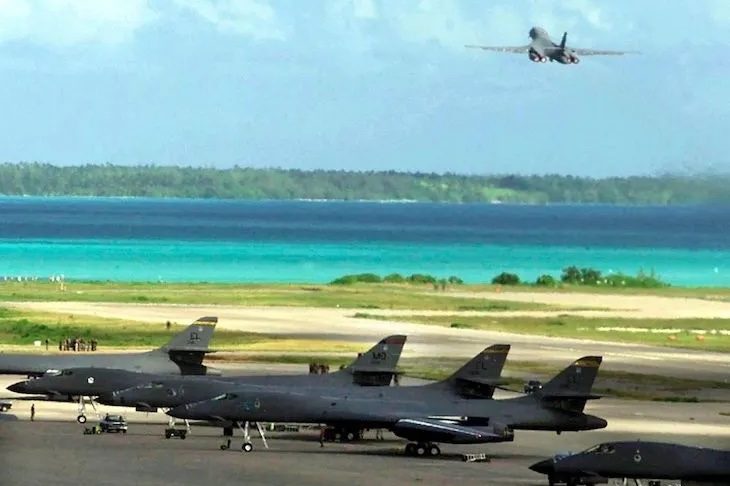






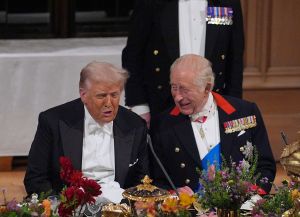

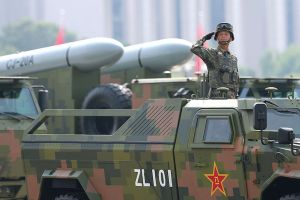

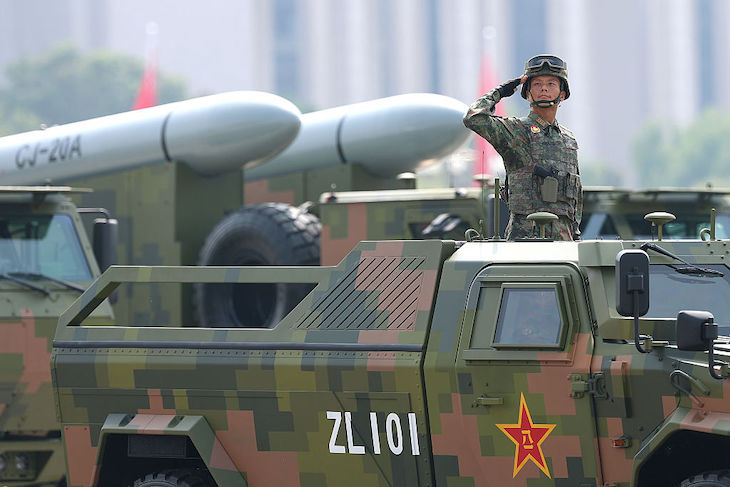


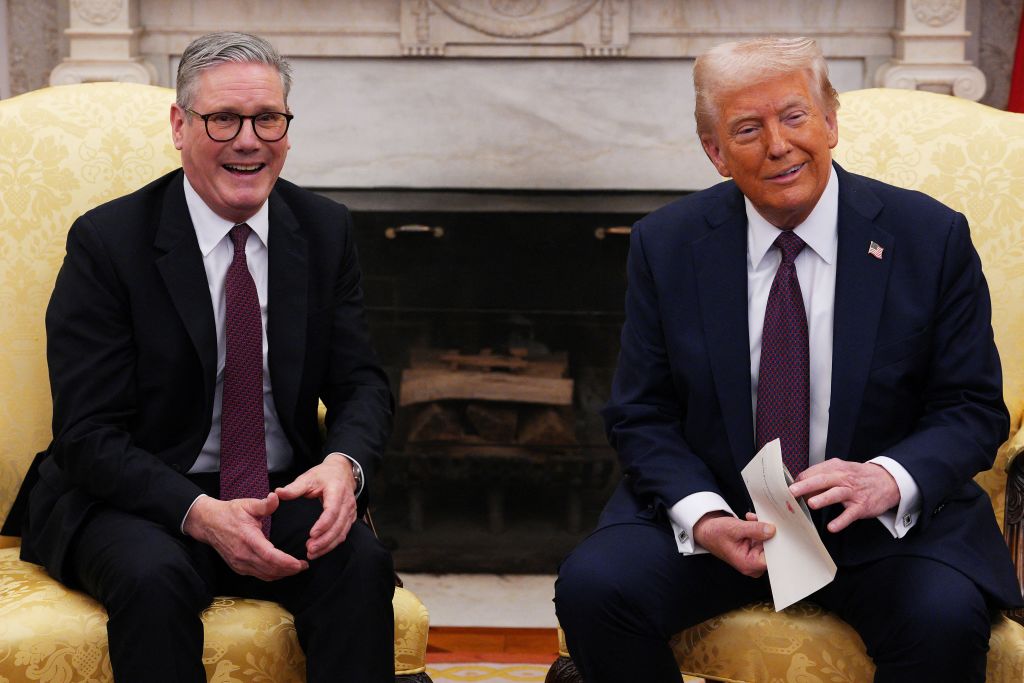
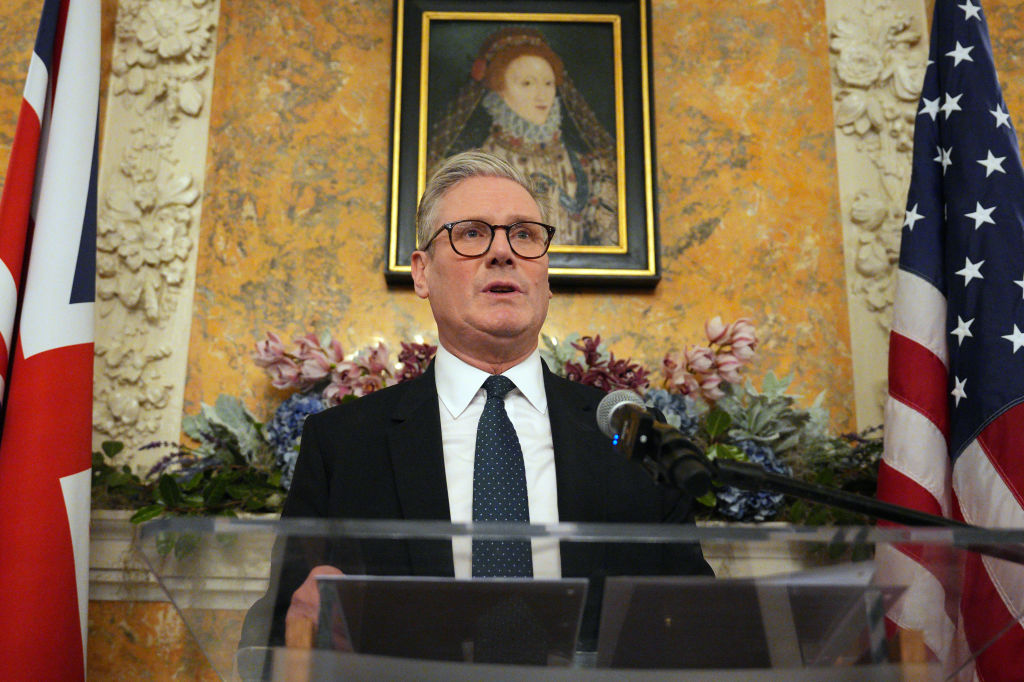







Leave a Reply